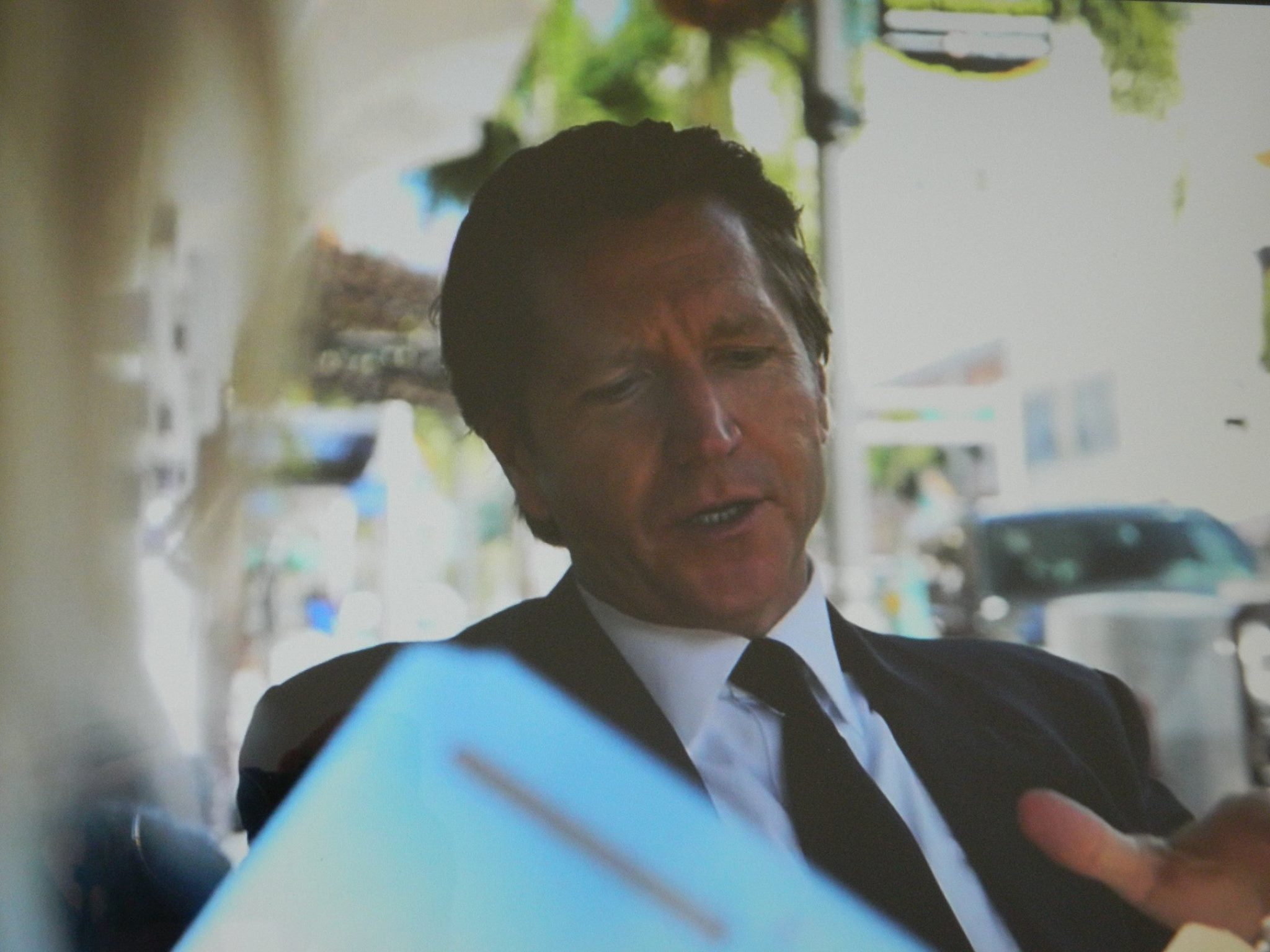
A contingency fee may be your key to the probate court. (But, how do you find the right lawyer?) If the idea of large legal fees just to protect your inheritance is daunting, you are not alone. Many beneficiaries, heirs and family members seek out a probate contingency lawyer for will contests and trust lawsuits. Even just plain old probates —to look out for them, and protect their inheritance, in a Florida estate case. Admittedly, good ones are hard to find. And big firms won’t do contingent fees. You need to find a boutique expert who limits their practice to this area of the law. Here’s what you need to know now. (to read more about contingency fees, click THIS LINK ) Everyone’s Doing It “I get dozens of calls each quarter” says Probate Litigation Lawyer John Pankauski. “A lot of people are looking for a probate contingency lawyer. And they are the ones asking for a contingency fee.” But Pankauski admittedly doesn’t take over 90% of those calls who seek out his firm. He would rather be paid each month for his time, at his hourly rate — rather than take a case on a contingency. But he has that luxury. His firm has a robust practice handling litigations and appeals for wills, trusts, probates and estates, throughout Florida. His band of trial lawyers have found success in trials and even appeals. “I am very selective on what cases I’ll take on a contingency” he says. If you can […]






